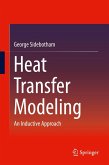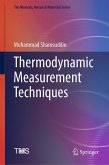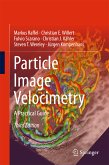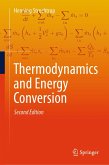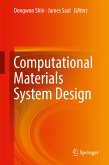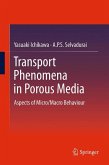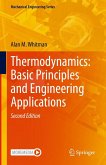This textbook introduces the molecular side of physical chemistry. It offers students and practitioners a new approach to the subject by presenting numerous applications and solved problems that illustrate the concepts introduced for varied and complex technical situations. The book offers a balance between theory, tools, and practical applications. The text aims to be a practical manual for solving engineering problems in industries where processes depend on the chemical composition and physical properties of matter.
The book is organized into three main topics: (I) the molecular structure of matter, (II) molecular models in thermodynamics, and (III) transport phenomena and mechanisms. Part I presents methods of analysis of the molecular behavior in a given system, while the following parts use these methods to study the equilibrium states of a material system and to analyze the processes that can take place when the system is in a state of non-equilibrium, in particular the transport phenomena.
Molecular Physical Chemistry for Engineering Applications is designed for upper-level undergraduate and graduate courses in physical chemistry for engineers, applied physical chemistry, transport phenomena, colloidal chemistry, and transport/transfer processes. The book will also be a valuable reference guide for engineers, technicians, and scientists working in industry.
- Offers modeling techniques and tools for solving exercises and practical cases;
- Provides solutions and conclusions so students can follow results more closely;
- Step-by-step problem solving enables students to understand how to approach complex issues.
Dieser Download kann aus rechtlichen Gründen nur mit Rechnungsadresse in A, B, BG, CY, CZ, D, DK, EW, E, FIN, F, GR, HR, H, IRL, I, LT, L, LR, M, NL, PL, P, R, S, SLO, SK ausgeliefert werden.



